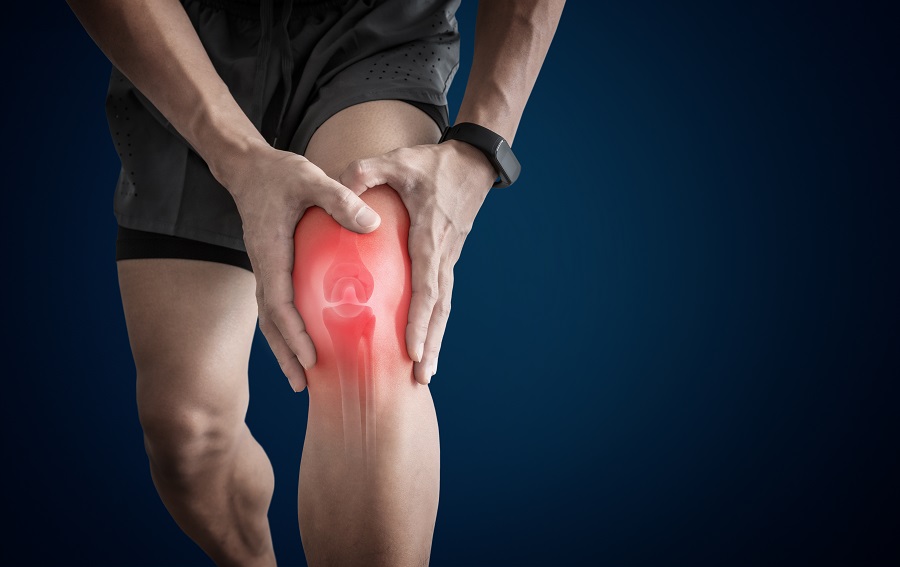What Are the Different Kinds of Arthritis Treatment?
 Did you know that there are over 100 types of arthritis? So, when someone says that they have arthritis, it may be true but they need to be diagnosed correctly to find out what kind of arthritis they are suffering from. A healthcare provider can assess symptoms and accurately diagnose the condition. Only after a proper diagnosis can effective treatment be given.
Did you know that there are over 100 types of arthritis? So, when someone says that they have arthritis, it may be true but they need to be diagnosed correctly to find out what kind of arthritis they are suffering from. A healthcare provider can assess symptoms and accurately diagnose the condition. Only after a proper diagnosis can effective treatment be given.
Treating RheumatoidArthritis
Rheumatoid arthritis occurs when your immune system is misdirected to attack your joints, causing swelling and pain. It can be triggered by an infection and there is no cure. But it can be managed with the help of certain treatments. The foot doctor may use the following tests to determine the problem.
- Physical exam
- Laboratory tests
- Imaging
- X-rays
- Computerized tomography
- Magnetic resonance imaging
- Ultrasound
Different Kinds of Arthritis Treatment to Manage RA
Medication
Since RA is an autoimmune reaction, antibiotics won’t help lessen the inflammation in your joints. But they may be given to fight the obvious signs of an infection.
NSAIDs for Swelling and Joint Pain
NSAIDs or non steroidal anti-inflammatory drugs help in relieving pain and inflammation.
Steroids for Swelling
If NSAIDs don’t work in reducing inflammation, stronger medication may be prescribed. This may include corticosteroid injections as they suppress your immune system, slowing its attack on your body.
DMARDs to Protect Your Joints
Disease-modifying antirheumatic drugs may help slow the progression of arthritis as they provide protection for the joints. You have to be monitored while taking these drugs as these drugs partially shut down your immune system and you might become immuno compromised, meaning you are vulnerable to infections that most people can resist.
TNF Blockers
Tumor necrosis factor (TNF) blockers, as the name implies, block the activity of the protein TNF which causes inflammation. They relieve pain and stiffness in swollen or tender joints.
Physical Therapy and Exercise
A physical therapist can give you exercise routines to help build up your strength and mobility. By strengthening your muscles, your body is able to support the inflamed area better. As RA can make your joints stiff, exercise is a good way to keep them flexible.
Heat and Cold Therapy
They are both helpful as heat reduces pain and soreness, and cold helps decrease swelling.
With the array of medical support mechanisms available, people who suffer from rheumatoid arthritis can lead a quality life that is free of pain.
- May 06, 2022
